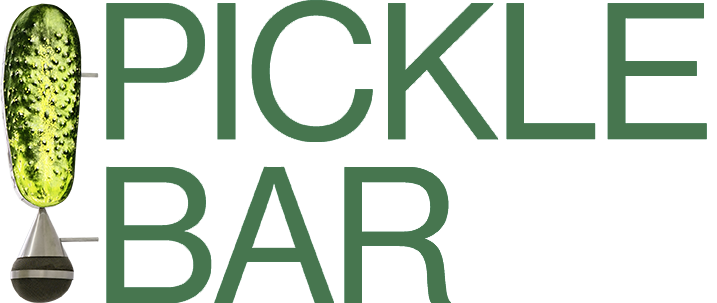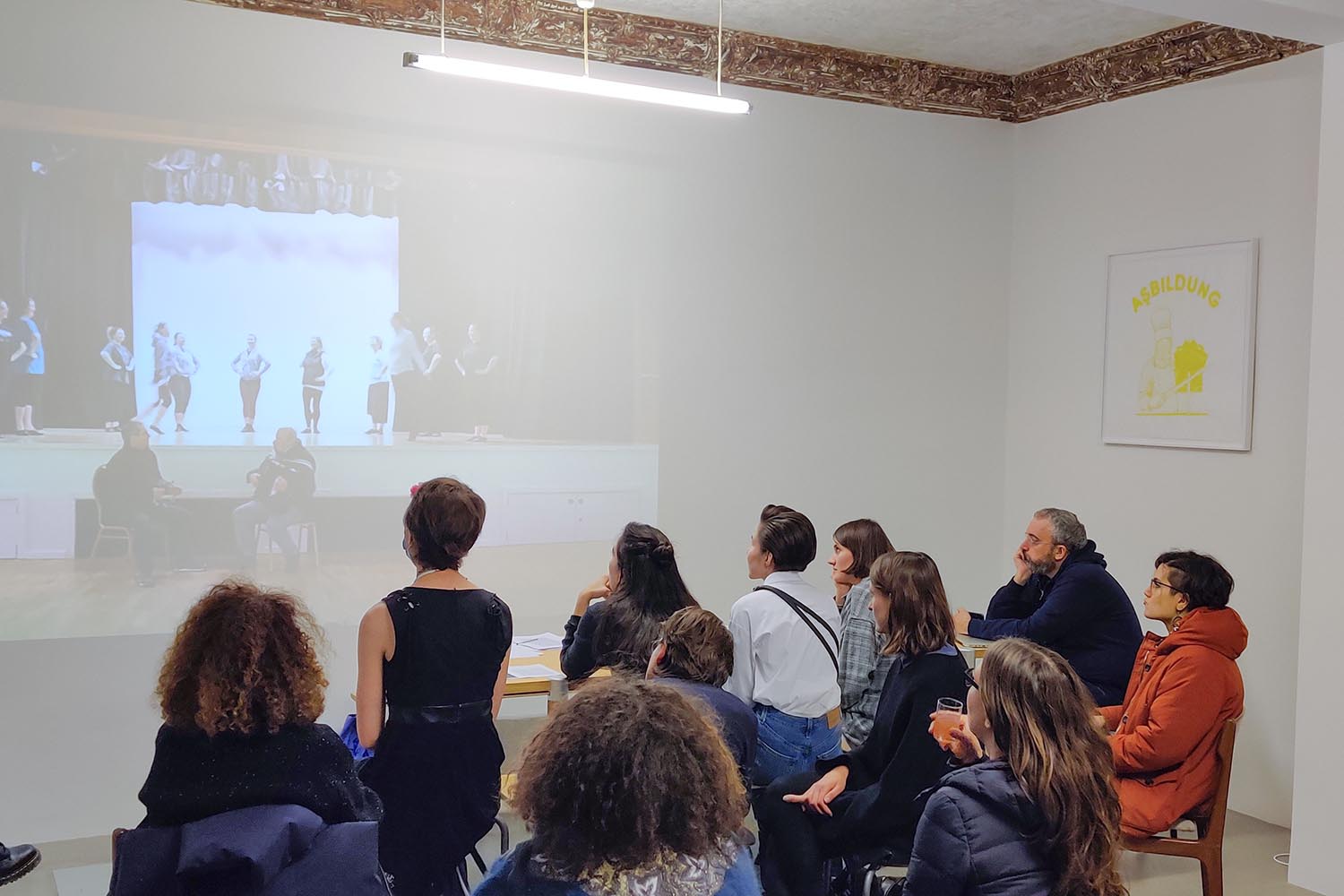Beyond the post-Soviet Study Group, “Myth, Symbol, Brand”, 13 November 2021, 5 PM
This fifth meeting of the group opens a new cycle – Myth, Symbol, Brand. It focuses on the notion of myth in the context of the USSR and the so-called “post-Soviet space”.
As understood in anthropology, myth provides a narrative structure and a coherence to the history of a given community. In the Soviet Union, myths served as a means of both building and explaining reality to those who believed – or were forced to believe – in it.
Contributing to what Hannah Arendt called “ideological fiction”, myths communicated complex ideas through a galaxy of symbols in a simplified and spectacular way. After the collapse of the USSR and the decay of its mythological system, unexpected symbolic syncretisms, often mixing the Soviet, the national, the folkloric, the religious, and the capitalist, came to the fore. In between rejection and nostalgia, their usage in nation branding became symptomatic to some countries in a search of identity and a place in post-Soviet Europe.
The itinerant study group “Beyond the post-Soviet” is imagined as a community of people who wish to critically approach the concepts of the “post-Soviet” and “the post-Soviet space” through a decolonial lens. It is conceived of as a research site and is meant to be a polyphony of voices and a kaleidoscope of multiple, non-hierarchized sources ranging from art history and political science to personal testimonies and narratives.
Collective Reading and discussion around: Gill, G. (2011). Symbols and Legitimacy in Soviet Politics. Cambridge: Cambridge University Press.
Screening Ukrainians: the people who cannot go home by Nikolay Karabinovych and discussion with the artist.


